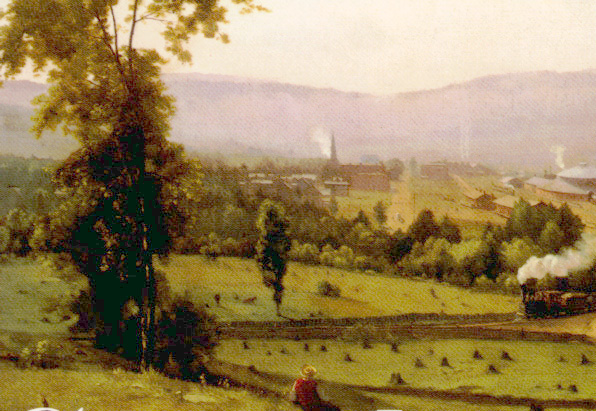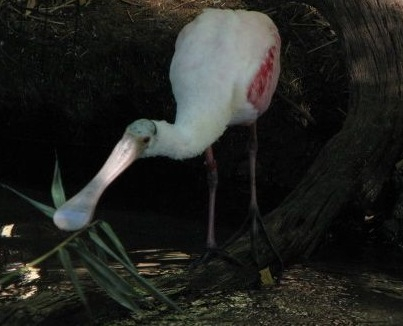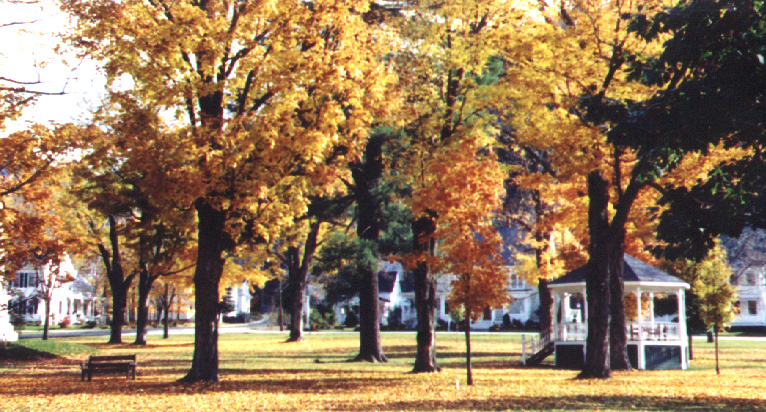
"Environmental history is the study of how settlements alter ecological conditions–such as water, energy, atmosphere, and land–such that how those changes influence each era's ideas about nature with respect to responsible resource use shift from one period to the next."
J. Siry, 2005, 2011.
artists | chronology of important events | changes in scale | scenery
"The environmental historian participates in the gulf between the ecological ideal and historical reality, between the two cultures of science and the humanities, and between disinterested objectivity and the ethical obligation of advocacy."
John
Opie, "Environmental History: Pitfalls and Opportunities,"
Environmental Review 7 (1983): 8-16, quotation on p. 15.
"We may be entering a new phase of history, a time when we begin to rediscover . . . the traditional teaching that power must entail restraint and responsibility, the ancient awareness that we are interdependent with all of nature and that our sense of community must take in the whole of creation."
Donald Worster, "The Vulnerable Earth," in Worster, ed., The Ends of the Earth (New York: Cambridge University Press, 1989), p. 20.
"Environmental
historians . . . insist that we have got to go . . . down to the earth itself as an agent and presence in history.
as an agent and presence in history.
Here
we will discover even more fundamental forces at work over time. And to appreciate
those forces we must now and then get out of parliamentary chambers, out of
birthing rooms and factories, get out of doors altogether, and ramble
into fields, woods, and the open air. It is time we bought a good set of
walking shoes, and we cannot avoid getting some
mud on them."
Donald Worster, "Doing Environmental History," in Worster, ed., The Ends of the Earth (New York: Cambridge University Press, 1989), p. 289.
"Environmental
history was . . . born out of a moral purpose, with
strong political commitments behind it, but also became, as it matured,
a scholarly enterprise that had neither any simple, nor any single,
moral or political agenda to promote. Its principal goal became one of
deepening our understanding of how humans have been affected by their
natural environment through time and, conversely, how they have affected that
environment and with what results."
Donald Worster, The Ends of the Earth (New York: Cambridge University Press, 1989), p. 290.

artists | chronology of important events | changes in scale | Bison on the Great Plains | scenery